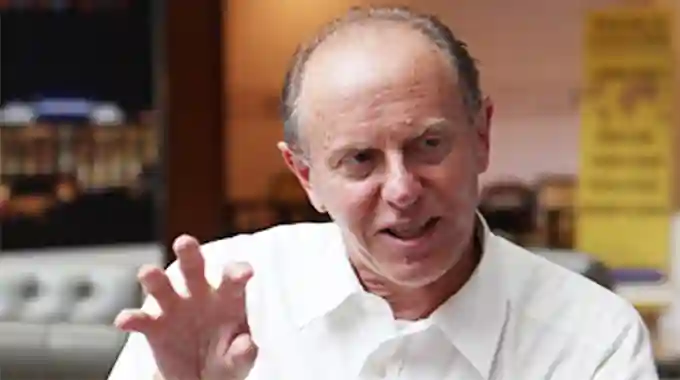Zimbabwe’s former Education Minister during the Government of National Unity (GNU), David Coltart, has expressed concern over a BBC article on opposition leader Nelson Chamisa of the Citizens Coalition for Change (CCC). Coltart noted that the article lacked balance, contained untruthful information about Chamisa, and urged the BBC to seek fresh perspectives. He said:
I am concerned about the @BBCAfrica rehashing a story from 5 years ago which lacks balance and which in some respects is untruthful about @nelsonchamisa. Whilst I am obviously partisan how about reaching out afresh to some of us for our perspective on Chamisa?
The article reads in part:
Known for his tailored suits and designer jewellery, Zimbabwe’s main opposition leader Nelson Chamisa can work a crowd with all the drama of the Pentecostal preacher that he is.
He will now put that charisma to the test in the general election on 23 August when he will once again face President Emmerson Mnangagwa after losing to him in a disputed poll in 2018.
Mr Chamisa will run for the presidency under the banner of the Citizens Coalition for Change (CCC), the party he formed last year after he was thrown out of what used to be the main opposition party, the Movement for Democratic Change.
It came after a vicious power-struggle broke out in the party following the death of its founding leader Morgan Tsvangirai.
Mr Chamisa was accused by his MDC rivals of staging a coup to wrest control of the party, and as the battle became increasingly vicious he was evicted from the party’s headquarters, and lost a court battle where his claim to the leadership of the party was challenged.
It marked a low point for Mr Chamisa, but he made a comeback with the formation of the CCC. The string of victories it notched up in parliamentary by-elections was heralded by his supporters as a yellow revolution – a reference to the party colours.
On the campaign trail he has sounded optimistic about his prospects, despite saying that the political field is tilted against the CCC, with little access to state media, and an electoral commission he says is staffed by ruling party supporters.
However, President Mnangagwa has said the elections will be free and fair.
Pedzisai Ruhanya, a Zimbabwean academic and political commentator, also criticised the article as disgusting propaganda, questioning the claims made about Chamisa’s attire. He said:
@BBCAfrica and @shinginyoka fact check your claims on jewellery and designer suits that you claim @nelsonchamisa is known for unless he puts on such in your newsroom not in the public. These are false claims not known by the public in Zimbabwe. It’s disgusting propaganda.
In 2017, the UK Government was accused of assisting President Emmerson Mnangagwa in the removal of Robert Mugabe from power. Some believe that the BBC, as a public corporation of the British Department for Culture, Media and Sport, played a huge part in sanctifying Mugabe’s ouster. However, the extent of external involvement in political transitions remains uncertain due to the complexities involved and the difficulty in determining behind-the-scenes dynamics and influences.

